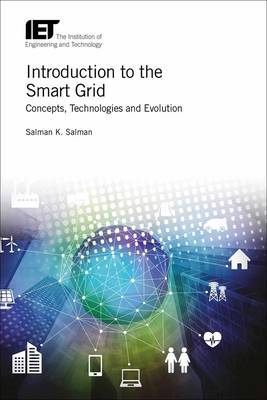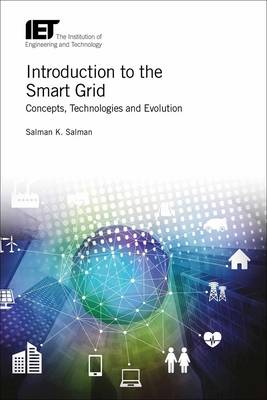
- Retrait gratuit dans votre magasin Club
- 7.000.000 titres dans notre catalogue
- Payer en toute sécurité
- Toujours un magasin près de chez vous
- Retrait gratuit dans votre magasin Club
- 7.000.0000 titres dans notre catalogue
- Payer en toute sécurité
- Toujours un magasin près de chez vous
Description
In recent years it has become increasingly apparent that conventional electrical networks cannot meet the requirements of the 21st century. These include reliability, efficiency, liberalisation of electricity markets, as well as effective and seamless integration of various types of renewable energy sources, electric vehicles, and customers as players. The emergence of new technologies such as distributed control, monitoring devices, and tremendous advances in information and communication technology have paved the way to realize the Smart Grid concept.
This book identifies and discusses the tools required to ensure the interoperability among the various digitally-based components of the Smart Grid. Topics covered include an introduction to the smart grid concept; smart grid versus conventional electric networks; smart grid infrastructure; interoperability standards; communication system and its cyber security; international standard IEC 61850 and its application to smart grids; power system protection under smart grid environment; application of smart grid concept to distribution networks; integration of electric vehicles; energy storage systems; and the smart transmission grid.
Introduction to the Smart Grid: Concepts, technologies and evolution is essential reading for researchers, engineers and advanced students working in energy engineering.
Spécifications
Parties prenantes
- Auteur(s) :
- Editeur:
Contenu
- Nombre de pages :
- 304
- Langue:
- Anglais
- Collection :
Caractéristiques
- EAN:
- 9781785611193
- Date de parution :
- 16-05-17
- Format:
- Livre relié
- Format numérique:
- Genaaid
- Dimensions :
- 160 mm x 239 mm
- Poids :
- 589 g

Les avis
Nous publions uniquement les avis qui respectent les conditions requises. Consultez nos conditions pour les avis.






